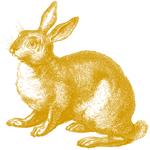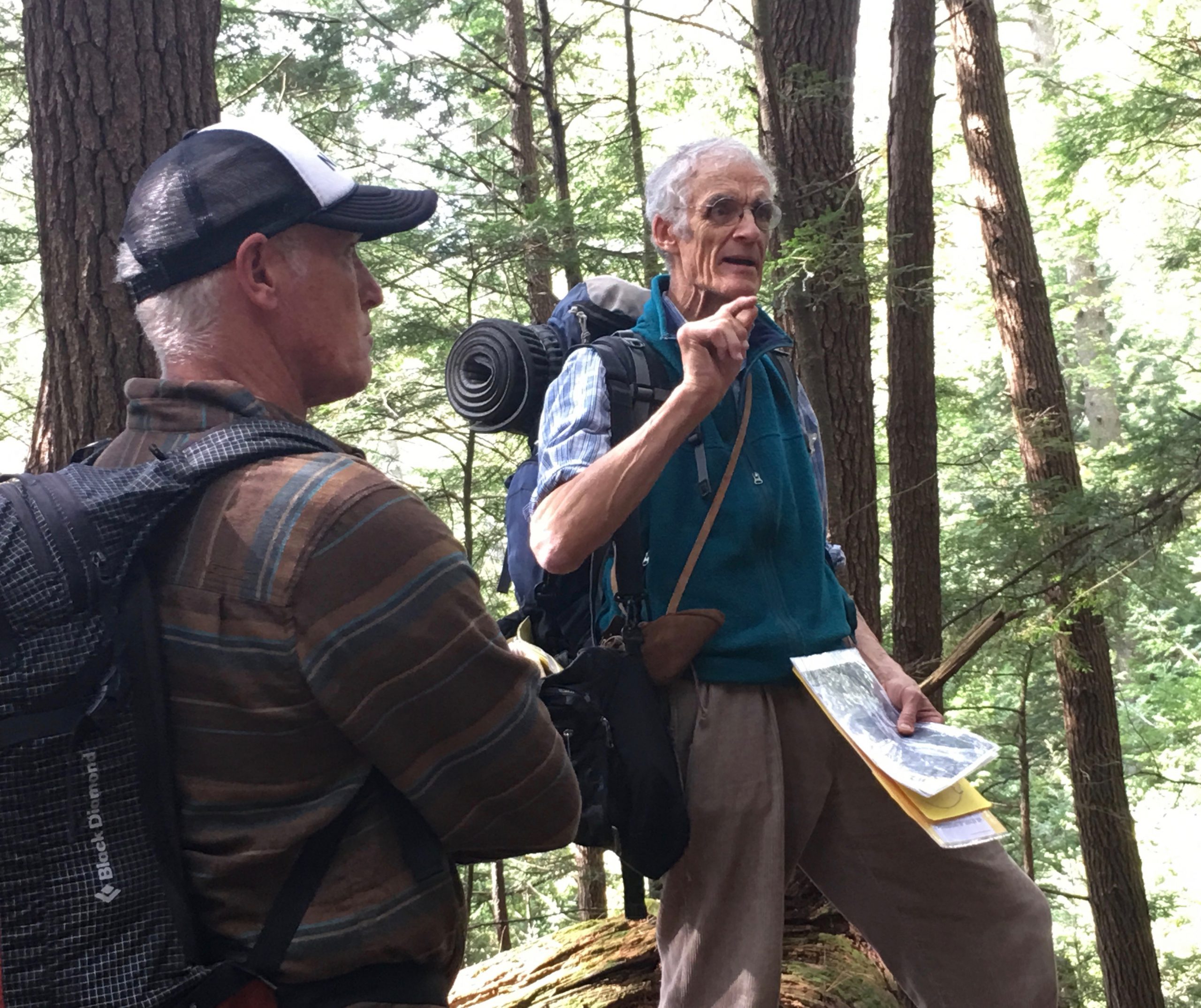Semester on Earth Curriculum


Component 1. The Core Curriculum
All students will gain competency in a core curriculum that gives them the philosophy, content, and methods of basic ecological personal and career endeavors. Six (6) hands-on academic courses will be instructed to enhance community-building, personal development, and education. Each course earns 3 academic credits.
UofW 101 Personal Transformation & Self Development
UofW 102 Introduction to Natural & Cultural History
UofW 103 Indigenous Wisdom & Sacred Teachings of the Land
UofW 104 Resilient Communities & Regenerative Lifestyles
UofW 105 Permaculture Design & Food Security
UofW 106 Alternative Energy & Green Building
Total Academic Credits………………18 Credits
Component 2. Intentional Eco-Community
Students live and learn within a special intentional community designed to model and demonstrate an ecologically sustainable lifestyle. As participating members of the community, students will explore, experience, and gain competence in:
Governance and decision making processes
Personal interdependence
Group dynamics, and communication
Economics, right livelihoods, work, and
Personal practice and self-development
Governance, organization, leadership and decision making are facilitated through cooperative group process including Sociocracy and traditional indigenous wisdom that integrates nature, community, self, and spirit.
Component 3. Self-directed involvement in a bioregion
Once the basic competencies of the Core Curriculum have been learned and practiced, students will select a mentor to move their learning to the next level. Each student participates in a mentored, self-directed Planet Walk-About to develop an authentic connection to the “sense of place” within a unique bioregion. Students can choose from one of five (5) mentored and supervised threads for their Walk-About:
1. Leadership & Group Development
2. Permaculture Design & Organic Gardening 3. Alternative Energy & Green Building
4. Creating and Modeling Community & Ecological Lifestyles
5. Native American Culture, Teaching & Ceremony
Component 4. A service or outreach project
Each student will engage in an Earth Service and Outreach project where learned skills, abilities, and philosophies are integrated into a personal offering to an organization, cultural group, and/or community.
Component 5. A comprehensive reflective integration process
Through a wide range of contemplative personal growth experiences (including nature quests and reflective solo experiences), students explore the connection of Self to Earth and the universe. Combining contemporary sustainable practices and personal transformational strategies with thousands of years of traditional indigenous wisdom, students become empowered to integrate Self, Community, Nature, and Spirit, developing their own uniquely personal and deep connection to the natural world—spiritually, intellectually, and practically.
A capstone process at the end of the semester integrates all learnings and experiences received throughout the entire program and forms the foundation for a documented action plan for one’s career and lifestyle choices.
Much More Than Just Courses
The Semester on Earth is much more than just an academic course load. It is a comprehensive living and learning experience that includes exposure to, learning about, and practice in many interrelated aspects of environmental living on Earth, including
Eco-village & Intentional Community
Leadership & Cooperative Organization Training
Permaculture & Organic Gardening
Green Building & Alternative Energy
Sustainable Literacy
International Global Citizenship
Personal Growth & Transformation
Spirituality & Indigenous Wisdom
Right Livelihood & Voluntary Simplicity
Gender Studies & Earth Activism
Self-Directed Learning & Mentorship
Ancient Living & Earth-based Skills
Indigenous First Nations People
Natural & Cultural History
Program Components
Graduates of the program will have completed the following components:
1. a Core Curriculum of six hands-on academic courses
2. a semester of living and working in an intentional ecological community
3. a self-directed deep involvement in a specific bioregion
4. participation in a service or outreach project with an international organization, group, or community
5. participation in a comprehensive reflective and integrative process
Semester on Earth is a well-rounded program based on a core curriculum, residential living in an intentional ecological community, research, skill development, self-directed learning, and personal reflection.
The curriculum focuses on each student finding the best philosophies, practices, knowledge, and wisdom to
1. address current ecological and environmental crises
2. address collateral psychological and sociological issues
3. develop both large and small scale sustainable and regenerative systems and practices
4. explore and evolve a deeply personal relationship with nature, spirit, and life on our unique planet.